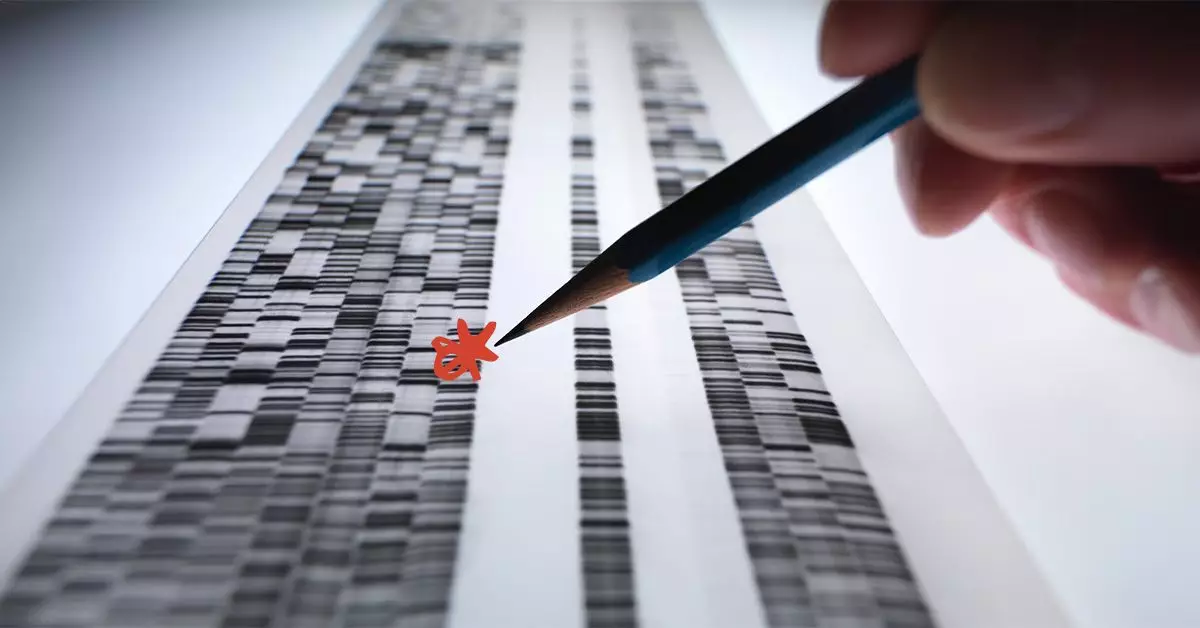The discovery and understanding of genetic mutations in cancer has revolutionized oncology, specifically in how we diagnose, treat, and manage different types of the disease. In the realm of colorectal cancer, the KRAS gene holds pivotal importance. Mutations in the KRAS gene significantly contribute to the pathogenesis of colon cancer, leading to aggressive tumor growth and a poorer prognosis for patients. This article will delve into the implications of KRAS mutations, the ways they influence treatment options, and the necessity of support for affected individuals and their families.
The KRAS gene, an abbreviation for Kirsten rat sarcoma viral oncogene, plays a crucial role in regulating cellular functions such as growth, division, and differentiation. When mutations occur in this gene, the encoded protein becomes dysregulated, promoting unchecked cellular proliferation. This faulty signaling pathway is instrumental in the transformation of normal cells into malignant ones, thereby emphasizing the importance of the KRAS mutation in cancer biology. In colorectal cancers, it is estimated that nearly 40% bear alterations in the KRAS gene, driving the need for precise testing and targeted treatment strategies.
Diagnostic Processes for KRAS Mutations
Determining the presence of KRAS mutations is essential from the earliest stages of cancer diagnosis. Healthcare providers often conduct genetic testing to identify these mutations upon diagnosing colon cancer. Such evaluation helps ascertain not only the genetic landscape of the tumor but also informs treatment decisions. The presence of KRAS mutations typically indicates that standard therapies, including EGFR inhibitors, may be ineffective, necessitating alternative approaches. Moreover, timely and accurate diagnostics enable healthcare teams to tailor treatments to the unique biological characteristics of each tumor, ultimately impacting overall patient outcomes.
Tailored Treatment Modalities for KRAS-Mutant Colon Cancer
For individuals diagnosed with KRAS-mutant colon cancer, treatment often diverges drastically from that of non-mutated counterparts. Traditional modalities such as chemotherapy remain central but may require modifications to optimize efficacy. Chemotherapy’s effectiveness can be hindered by the KRAS mutation, prompting healthcare professionals to adjust protocols based on individual responses.
Surgical interventions are another vital treatment avenue, particularly in early-stage colon cancer. Surgeons may opt for curative resections to eliminate localized tumors. In advanced scenarios where cancer has metastasized, surgery may be accompanied by adjunctive therapies to manage disease spread effectively.
Moreover, clinical trials represent a beacon of hope for many patients. These studies often investigate innovative therapies tailored to the genetic composition of tumors. Patients with KRAS mutations may find prospect in experimental treatments that are not widely available, potentially improving their outlook.
Prognosis and Survival Rates
The prognosis for patients with KRAS-mutated colon cancer is multifaceted, hinging on various factors such as the extent of disease at diagnosis, treatment response, and overall patient health. Generally, KRAS mutations are linked to a more aggressive cancer phenotype, making survival rates considerably lower than those without such mutations. Research indicates that while localized colon cancer enjoys a 5-year survival rate of approximately 91%, those diagnosed at advanced stages, especially when metastases occur in organs like the liver, witness a steep decline in survival to around 13%.
A recent study highlighted that individuals with metastatic colon cancer harboring KRAS mutations display a survival range of 24 to 39 months, showcasing the variability in patient outcomes based on genetic and environmental factors.
Navigating the journey of colon cancer, particularly with KRAS mutations, can be arduous for patients and their loved ones. The emotional, physical, and financial challenges necessitate robust support systems. Access to support groups can foster a sense of community, while professional counseling services can assist in addressing emotional distress and improving coping strategies. Understanding the latest advancements in treatments helps empower patients and families to make informed decisions regarding care, thus enhancing their overall experience in managing the disease.
KRAS mutations are a critical component of colon cancer pathology, significantly influencing treatment decisions and patient outcomes. As the landscape of cancer treatment continues to evolve, understanding the nuances related to KRAS mutations can aid in optimizing management strategies. Embracing a holistic approach that combines medical treatment with emotional and informational support can immensely benefit patients navigating the complexities of colon cancer. Continued research and advancements in clinical trials herald a hopeful future for better management and potential curative options for those affected by KRAS-mutant colon cancer.

